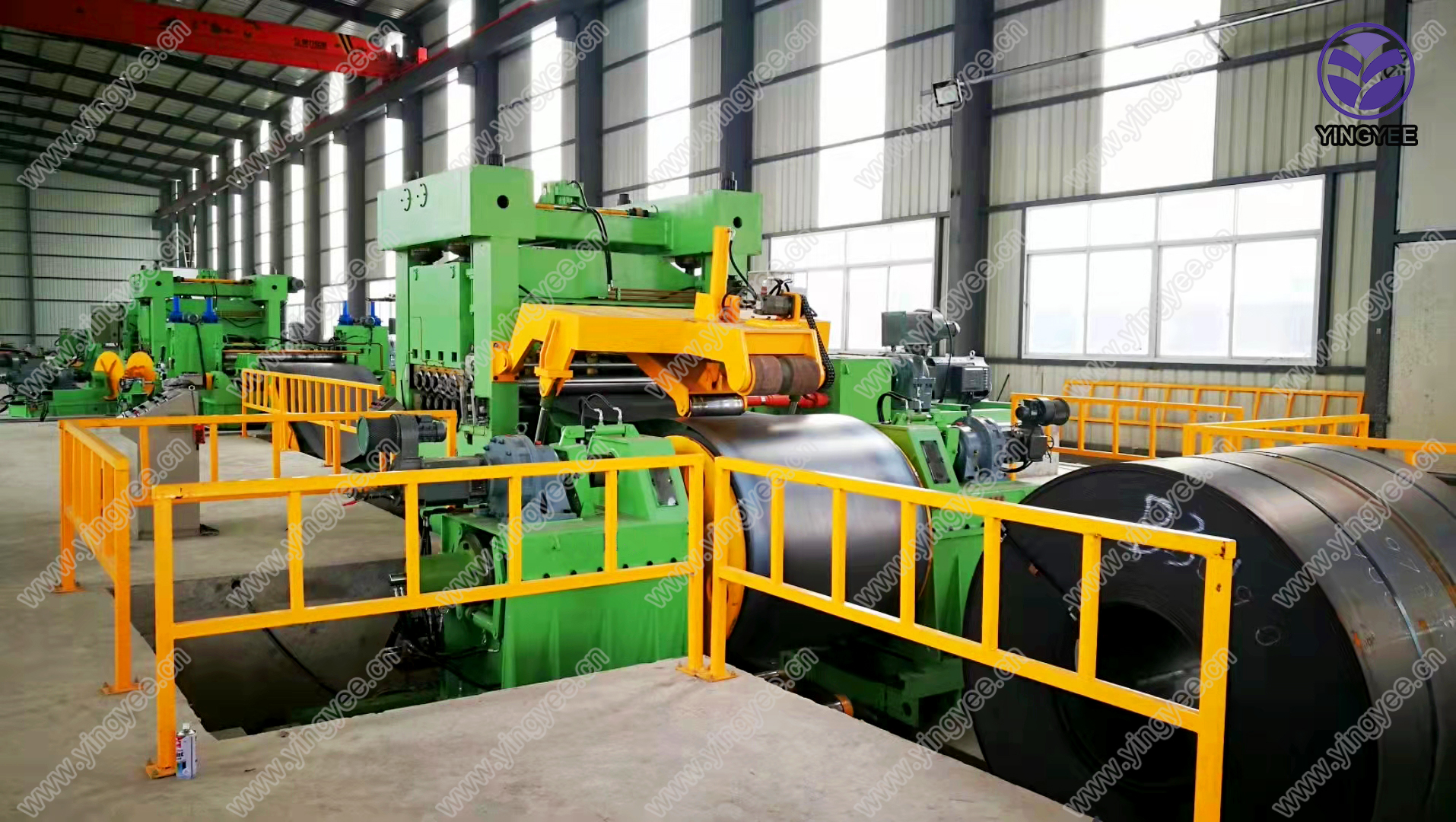
The Evolution and Importance of Thread Rolling Machine Factories
In the modern manufacturing landscape, the production of high-quality threaded components is crucial across various industries, including automotive, aerospace, and construction. At the heart of this production are thread rolling machines, which play a vital role in creating strong, precise threads essential for various applications. This article explores the evolution, functionality, and significance of thread rolling machine factories in today’s industrial world.
The Evolution of Thread Rolling Technology
Thread rolling has its roots in the early 19th century, when engineers and manufacturers sought to improve the strength and accuracy of threaded fasteners. Traditional methods of cutting threads, such as tapping, often resulted in weaknesses due to material removal. The introduction of thread rolling offered a revolutionary solution by deforming the material rather than cutting it. This process increased the toughness of the threads and provided a better surface finish.
Over the decades, technology has advanced significantly, leading to the development of automated thread rolling machines that enhance production efficiency and precision. These machines have evolved from manual operations to highly sophisticated CNC-controlled systems that can produce complex threaded components at a remarkable speed. Thread rolling machine factories have thus become integral players in the manufacturing sector, ensuring a steady supply of reliable components.
Functionality of Thread Rolling Machines
Thread rolling machines utilize a straightforward yet effective method of shaping materials. The process involves feeding a cylindrical workpiece into the machine, where it is then pressed between two rotating dies that shape the threads through deformation. Unlike cutting processes, thread rolling not only strengthens the material but also maintains its integrity, as the metal fibers are not disturbed during the process.
These machines come in various forms, including flat die, round die, and planetary rolling machines, each designed for specific applications and materials. The versatility of thread rolling machines allows manufacturers to produce a wide range of threaded components, from small bolts to large screws, meeting diverse customer needs.

The Role of Thread Rolling Machine Factories
Thread rolling machine factories are essential in the supply chain of threaded components. They are responsible for designing, manufacturing, and distributing these machines to various industries. The factories employ skilled engineers and technicians who ensure that the machines are built to high standards and can withstand the rigors of continuous operation.
Moreover, thread rolling machine factories are at the forefront of innovation. As industries evolve, there is a growing demand for more efficient and precise machinery. To meet these demands, factories invest in research and development, focusing on improving machine capabilities and reducing production costs. This commitment to innovation not only benefits manufacturers but also contributes to the overall advancement of manufacturing technology.
Economic Impact and Future Prospects
The economic impact of thread rolling machine factories is significant. They create jobs, contribute to local economies, and support a wide array of downstream industries. As manufacturing continues to recover and grow post-pandemic, the demand for high-quality threaded components remains strong. This demand drives the need for more advanced thread rolling machines, leading to further investment in factories and technology.
Looking ahead, the future of thread rolling machine factories appears bright. With the rise of automation, artificial intelligence, and Industry 4.0 technologies, these factories are poised to enhance production processes even further. Integrating smart technology into thread rolling machines will not only optimize efficiency but also improve product quality and reduce waste.
Conclusion
In summary, thread rolling machine factories play a crucial role in modern manufacturing, supporting the production of essential threaded components across various sectors. As technology continues to advance, these factories will remain at the forefront, driving innovation and efficiency. The importance of thread rolling machines in ensuring product reliability and performance cannot be overstated, making these factories indispensable in today's industrial ecosystem. With continuous investment in technology and skilled labor, the future of thread rolling machine factories looks promising, paving the way for a new era of manufacturing excellence.